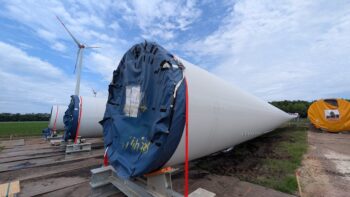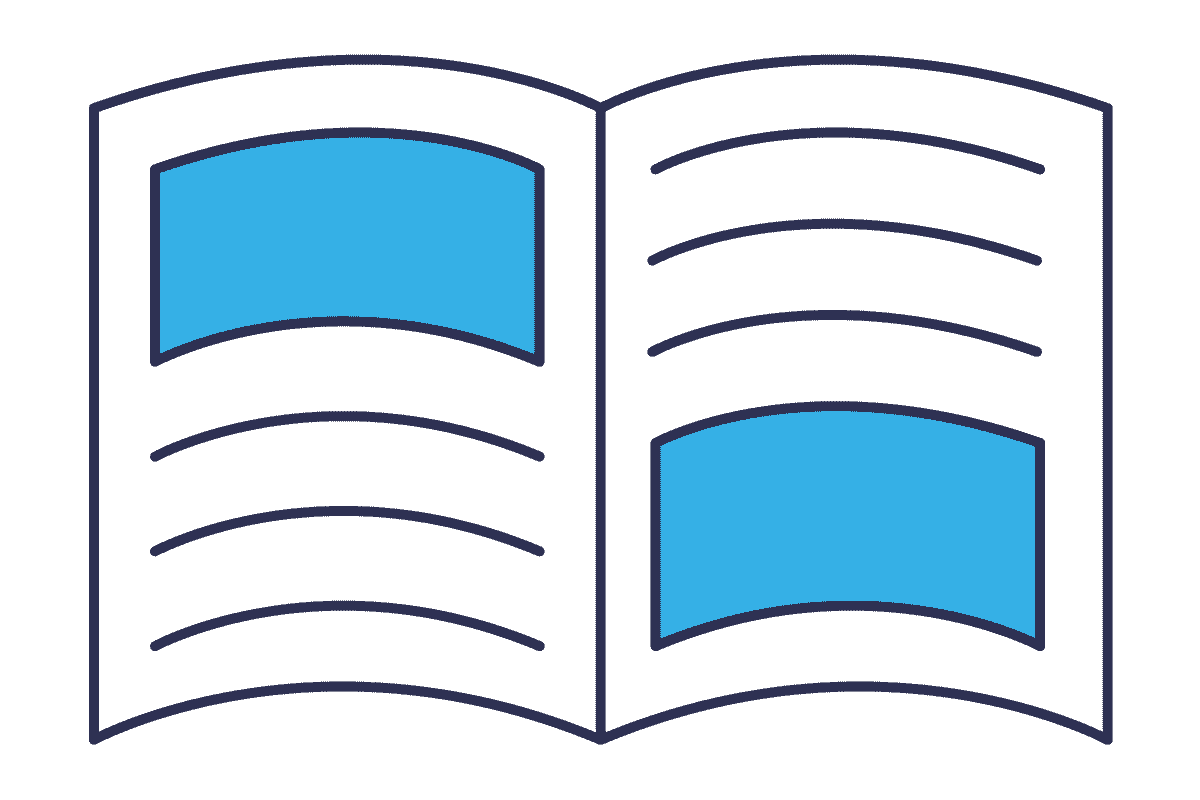Elisabeth Isaksen

Elisabeth Isaksen was a Research Officer at the Grantham Research Institute on Climate Change and the Environment from 2017 until 2019. Her research focused on the roles of formal and informal institutions in mitigating environmental problems. In particular, she used econometric techniques to identify causal effects of environmental, resource and climate policies, with attention to both efficiency and equity aspects.
Background
Elisabeth has a PhD in Economics from the University of Oslo, titled “Empirical essays on policies and cooperation to mitigate environmental problems (2017)”. Prior to pursuing her PhD she worked for four years at Statistics Norway, both as a statistician and as a researcher, on topics related to energy use, emissions and climate policies. She has also been a lecturer in undergraduate courses in microeconomics and welfare economics at the University of Oslo during her doctoral studies. She holds a MSc in Economics from the Norwegian School of Economics.
Research interests:
- Environmental and resource economics
- Applied econometrics
- Efficiency and equity impacts of environmental and climate policies.
- Behavioral economics
Research
Research - 2025
This paper uses Norwegian administrative data to estimate the wage premiums associated with green jobs. Read more

This paper empirically examines the effects of indirect carbon cost compensation on UK manufacturing firms Read more

Research - 2024
This study examines the causal impact of compensation payments for indirect carbon costs on UK manufacturing plants. Read more

Research - 2021
This paper shows that differentiating driving costs by time of day and vehicle type can help to improve urban air quality, reduce driving and induce the adoption of electric vehicles. Read more

Research - 2019
Do private property rights mitigate overexploitation of common pool resources and, if so, under which circumstances? In this paper, we... Read more

Research - 2018
This analysis investigated three international agreements to mitigate cross-border environmental pollution and found them to have directly led to sizeable reductions in pollutants. The findings suggest that protocols of this kind can be an effective tool to induce countries to reduce their emissions. Read more

Abstract We investigate whether positive framing increases cooperation in three social dilemmas with slightly different properties: a linear public goods... Read more

Events
Events - 2020
News
News - 2025
The authors of this commentary emphasise that how we compensate matters and propose approaches governments can take to move to more targeted, conditional support that aligns with long-term decarbonisation goals. Read more


